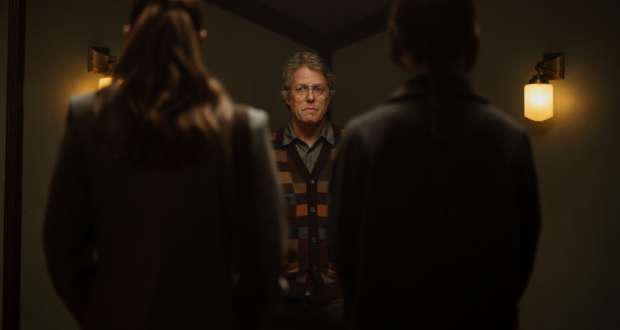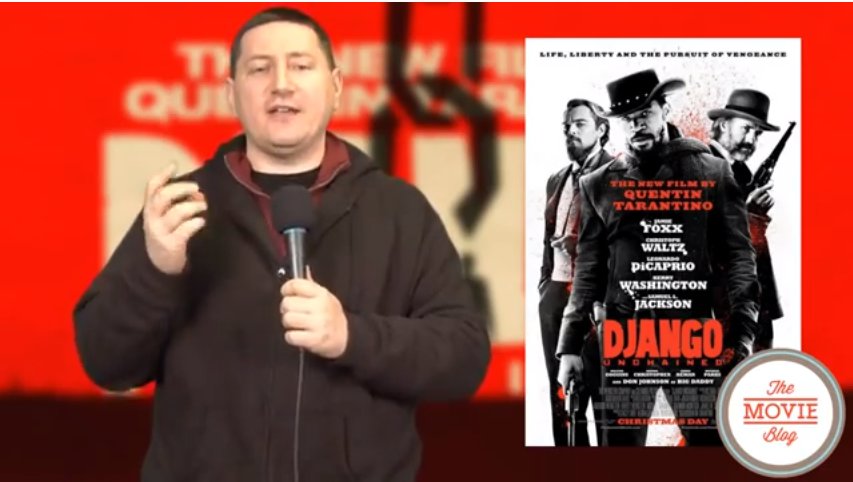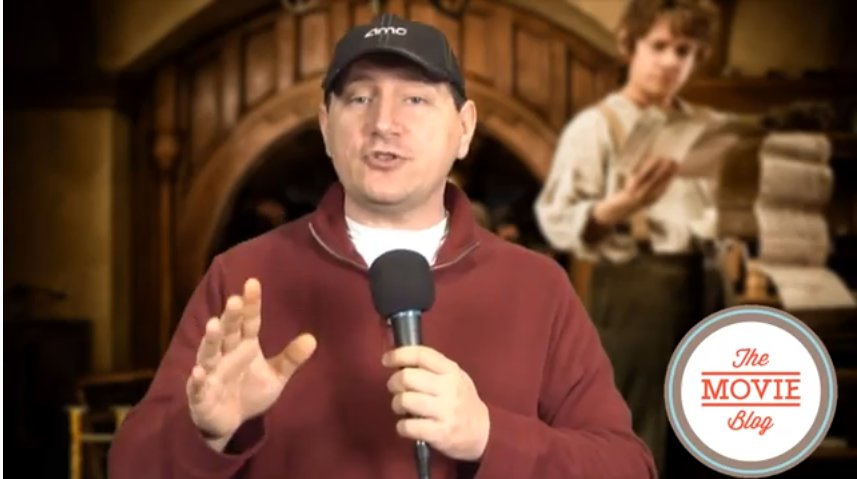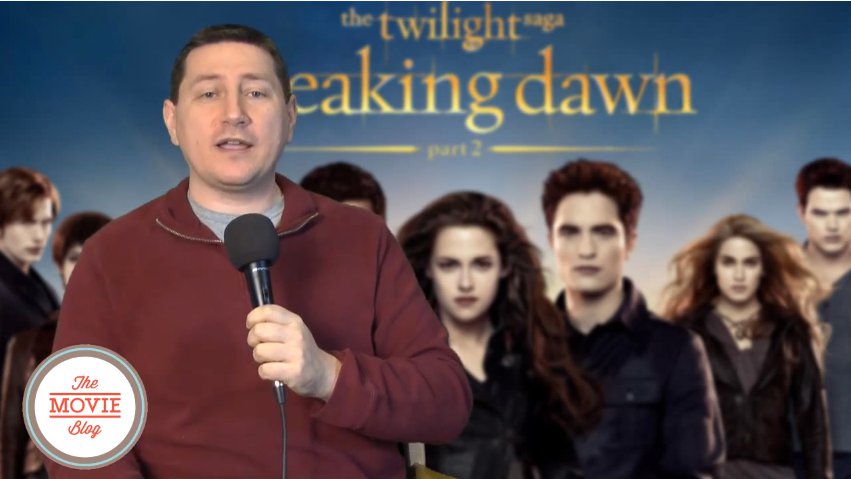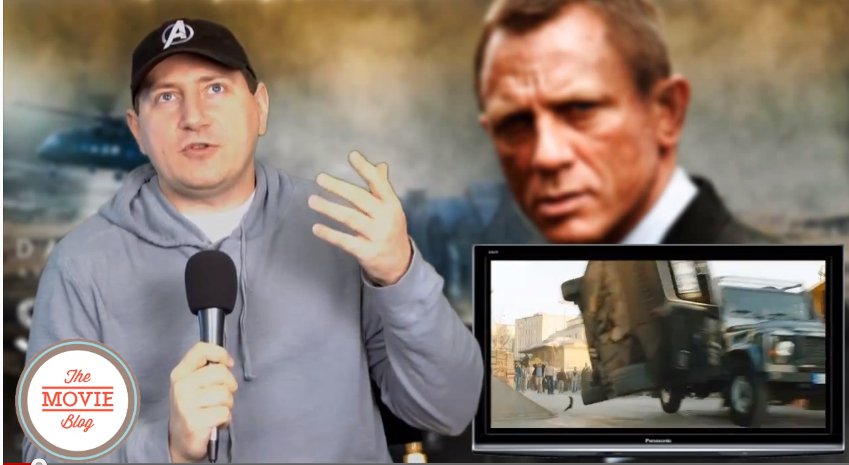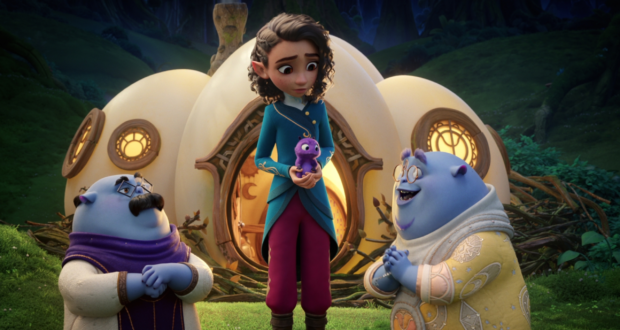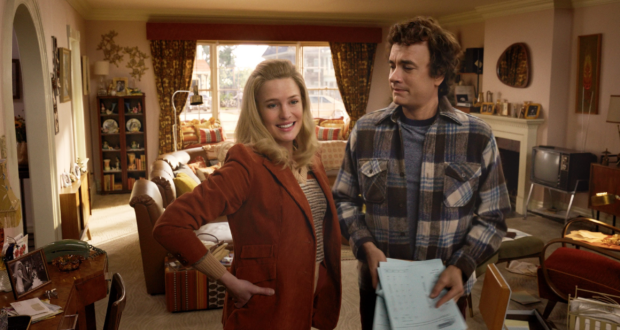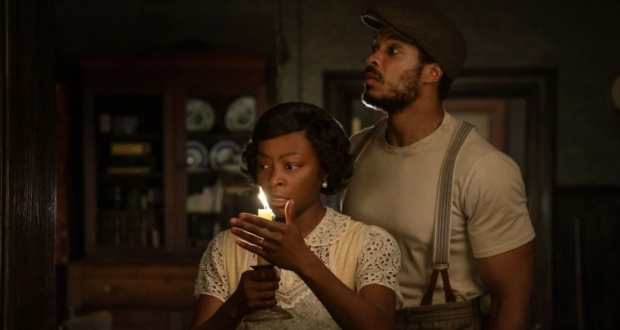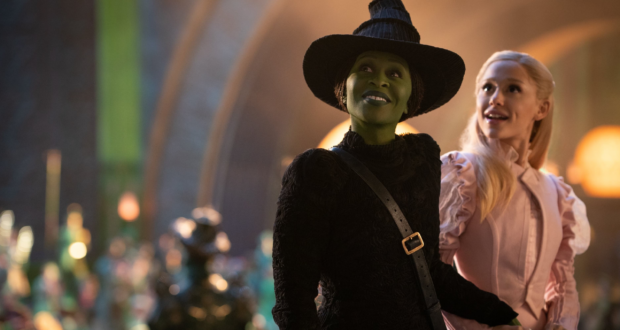 Having seen the second made but first to release Exorcist – The Beginning, the Renny Harlin version of the movie, I was very keen to see the original movie which the Studio saw and then scrapped, the Paul Schrader version.
Having seen the second made but first to release Exorcist – The Beginning, the Renny Harlin version of the movie, I was very keen to see the original movie which the Studio saw and then scrapped, the Paul Schrader version.
This I managed to do during the Edinburgh Film Festival 2005, and actually with paid tickets I managed to even get to hear a Q&A with the Director, which in itself was extremely interesting. For now though, let’s look at the movie.
It’s really hard to watch this and not do any comparisons with the Harlin remake, and with so many similar scenes, the same actors and a very similar story I found it almost impossible not to. In doing so you realise how weak and one dimensional Harlin’s version is, the and depth of character and their development just adds so many layers to each of the characters, giving them a much more human feel and making you connect with them rather than just watch them as you did with the Harlin movie.
Subtlety, dialogue and development are the keys here, things which were drastically missing from the Harlin version, and instantly you see the differences. The opening scene with Father Merrin and the Nazi’s is the first strong example of the difference in style and Schrader handles this wonderfully. The single scene builds the Nazi character much thicker with some uncertainty of the Priest, whereas the Harlin is shown as a stock Nazi character. You also understand the root of the crisis in faith that Merrin has come to, and through this single scene it hits you just as hard as it did he.
It’s this that I felt was the strongest part of the movie throughout, the characters richness and depth, and the fact that you could see them as real individuals and connect with some part of them. Merrin in particular is the real focus of the movie, and the analysis of his crisis, his faith and who he really is.
The following of the second, younger Priest in Father Francis, played well by Gabriel Mann, mirrors for Merrin the faith and hunger that he had as a young Priest, and watching his own slight crisis in faith provides an interesting viewpoint for the audience. Not only to understand what Merrin went through, but to watch Merrin witness this himself.
Stellan Skarsgård plays the character superbly as well. There’s so much more restraint in the performance with inward pain and anger, he’s superb to watch and really does make you feel as though he carries a tortured soul. The slow climb out of the crisis to the fight back against the Demon is played slowly and with a lot of passion. It’s the moment when Merrin relives the Nazi slaughter and his second choice that shows us who he really is as a person, not just as a Priest. Comparing the two performances of Skarsgård together is, as Schrader said, an example of a masterclass in acting. In fact the whole two movies are a film students dream.
Another excellent character was Major Granville, very well played by Julian Wadham. He was far stronger, richer and deeper than the Harlin version, and his scenes were a lot more believable and striking than the Harlin version which had him going mad over his butterfly collection. Here he really plays a man getting out of his depth and letting events overtake him, and he has a superb scene in the village which provides with a strong connection to Merrins past.
A couple of things that stuck out in the movie but were then understandable during Schraders Q&A, were in the CGI and the famous flash of the Demon face. The face flash, which was so subtly done in the original Exorcist movies, was hugely prominent and did not hold with the subtlety in the rest of the movie. Some of the CGI was also poorly done, and during a sweeping camera shot across the front of the buried chapel the CGI rocks moved together as they tried to hold with the camera shot, the first appearance of the hyenas was also poor, showing as pure CGI and not looking in the least bit real.
The script for this movie is very good, and in stark contrast to the Harlin version. This has less blood, more story and characterisation, and much more concentration on the personal battle between Merrin and the Demon. It provides a much more intelligent and subtle story building characters and the plot to a much more satisfying climax.
The Q&A session with Schrader after the movie gave me the impression that he is a man carrying a lot on his shoulders, and this whole experience has thoroughly disheartened him, although he carries much pride in his version of the movie. With only fifty thousand dollars for post production, compared with Harlins one million dollar budget, he had to pull many favours to get the music, colour mix and other post production activities completed. The movie that we watched was Schraders personal print, another highlight of the movie, so he does carry a pride of this work.
Still he seems quite demotivated. He sighed a lot, whether that was down to repetitive questions on his third night of Q&A I’m not sure, but he did seem unhappy and demotivated. He certainly thought that his career had been hit hard by this as no one in Hollywood cares why, they just saw that he was fired from Directing.
Schrader shared the poor misfortune of William Peter Blatty on The Exorcist III, where he was “screwed” by the owner of the movie, the same person who “screwed” Schrader on this one, and those are Schraders very words. As a warning, it is the same person who has signed the cheque on The Good Shepherd, Robert De Niro‘s much awaited CIA story.
Another revelation was that although it was easy for him to save his movie, Blatty has lost his version of Exorcist III. In those days it wasn’t as easy as “walking out of the edit room with your movie on a hard drive”, and there existed only one original negative which was physically destroyed. A sad thing to hear indeed.
He also told us the insightful information that Skarsgård was asked to think more Harrison Ford for Harlins version, rather than the inward tortured performance in his movie. Something that is very obvious when you have watched both movies.
The most telling part of the Q&A was the discussion around the actual events, and although Schrader presented his view alone, it was interesting to hear and he was very respectful of the people who had made the decisions. “This wasn’t the movie they had originally thought they wanted”, rather than being disrespectful to them.
He said that he had to finish this film, particularly after he and Blatty walked out of the Harlin version. Blatty was getting more and more wound up about how bad it was, and about how they had both been treated on their movies. If he did make this there would be some perverse interest in his movie that might make it popular, how bad could it have been after seeing Harlins version?
I’ll tell you, it was way better and stands wildly apart from Harlins without the need of a fanfare.
IMDB UK movie details
My voting history on UK IMDB





